The Responsible AI Lab (RAIL) at Kwame Nkrumah University of Science and Technology (KNUST) inaugurated its RAIL Robotics Club initiative at Opoku Ware Basic School to foster digital skills and AI-driven innovation among Junior High School (JHS) students.
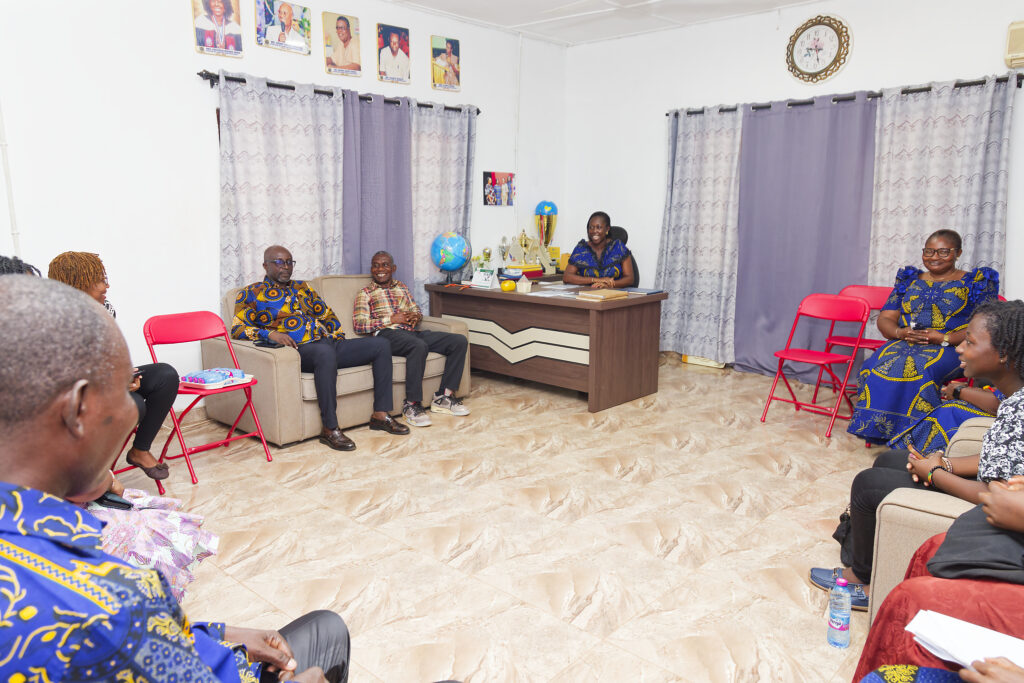
Upon arrival, the Women in Technology (WiT) theme under RAIL met with Mrs. Anastasia Bediako Amoah, Headmistress of Opoku Ware Basic School and the school management. She expressed deep gratitude for the initiative. “We are honoured by this opportunity and assure RAIL that every resource provided will be utilised effectively to nurture the next generation of innovators,” she said.
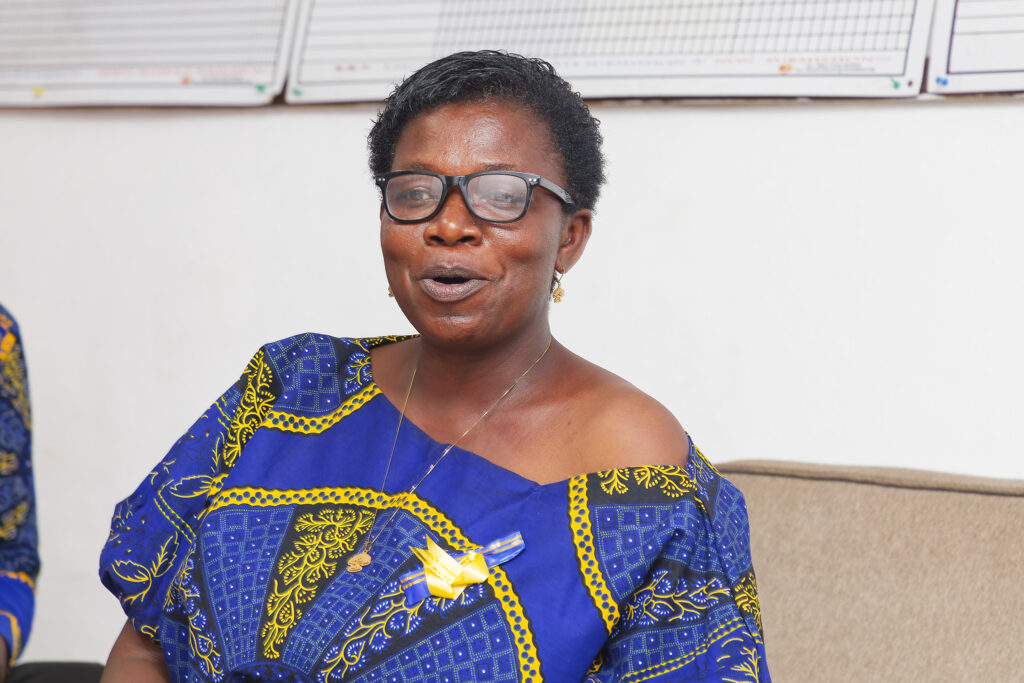
Madam Amma Gyamma Ankomah, Santasi Circuit Supervisor (representing the Metro Director and STMIE Coordinator), emphasised the critical role of modern education. “In today’s digital era, equipping students with robotics and AI skills is no longer optional—it’s essential,” she remarked. She urged students, especially young women, to seize this opportunity to build future-ready competencies.
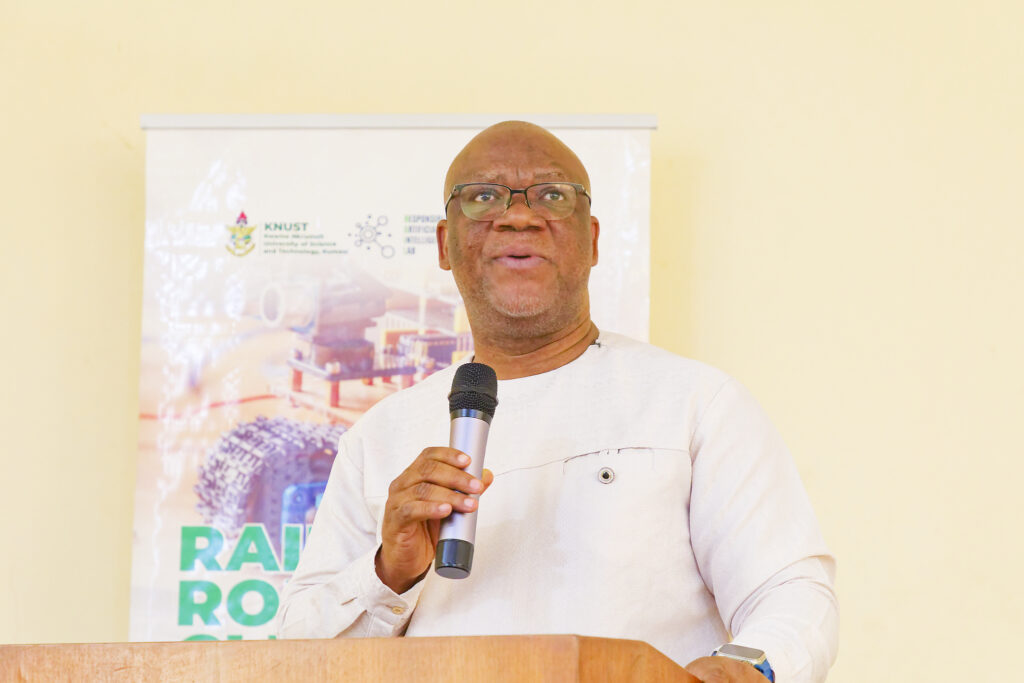
Prof. Jerry John Kponyo, RAIL’s Principal Investigator and Scientific Director, highlighted the lab’s mission to leverage AI in achieving the Sustainable Development Goals (SDGs). “By empowering youth with digital skills, we ensure they are active participants in global technological progress,” he stated. He stressed the importance of collaboration (SDG 17)—calling on students, mentors, school leadership, and RAIL to work together for the club’s success.
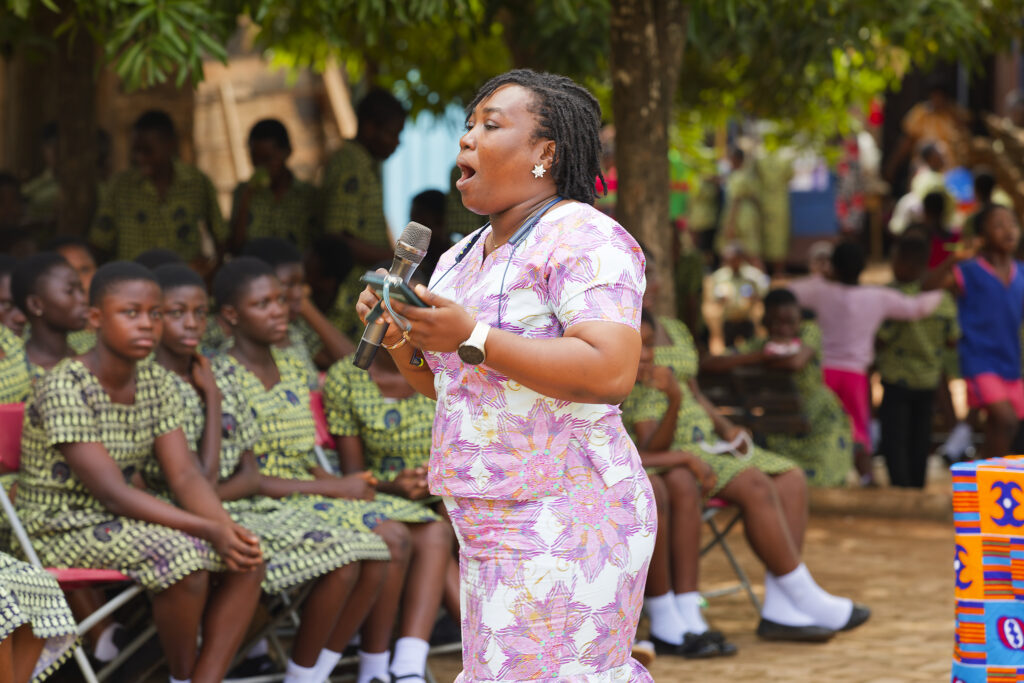
Dr.Martina Francisca Baidoo, a WiT Fellow, introduced students to AI and ethics, explaining how AI systems learn, their real-world applications, and associated risks and opportunities. “AI isn’t just about machines—it’s about augmenting human potential. By mastering these tools, you shape the future,” she encouraged.
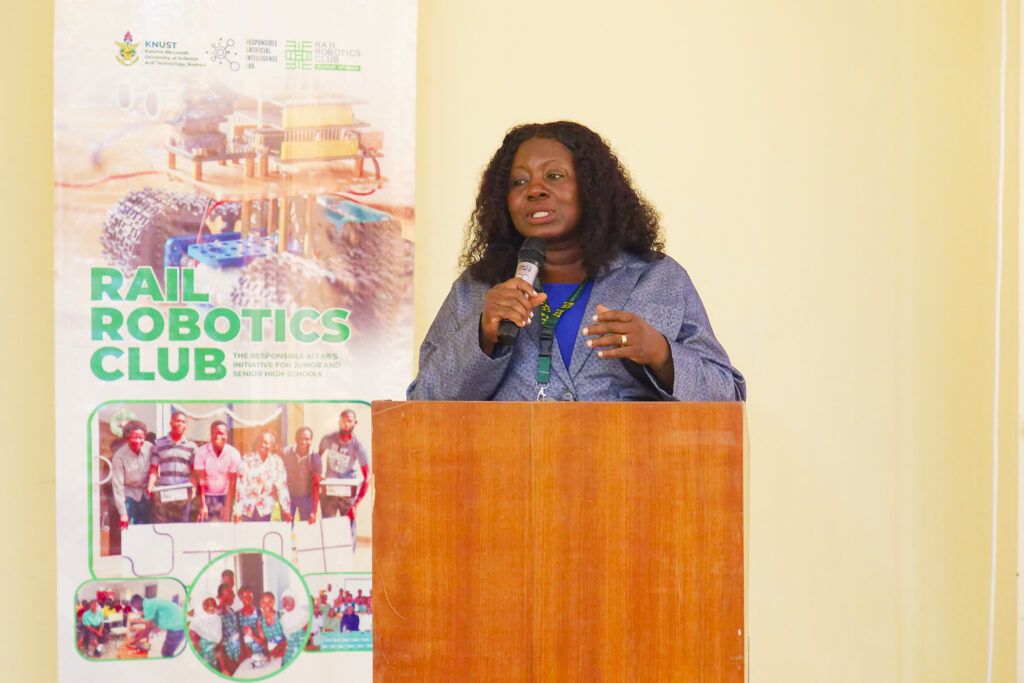
Dr. Eunice Akyereko Adjei, WiT Theme Lead, guided students through problem-solving with AI, outlining an 8-step framework:
- Identify a community problem
- Understand end-user needs
- Brainstorm solutions (Ideation)
- Sketch concepts
- Plan construction
- Execute the solution
- Test for improvements
- Launch the innovation
She announced that the school’s Robotics Club will tackle an energy-related challenge using AI, fostering hands-on learning.
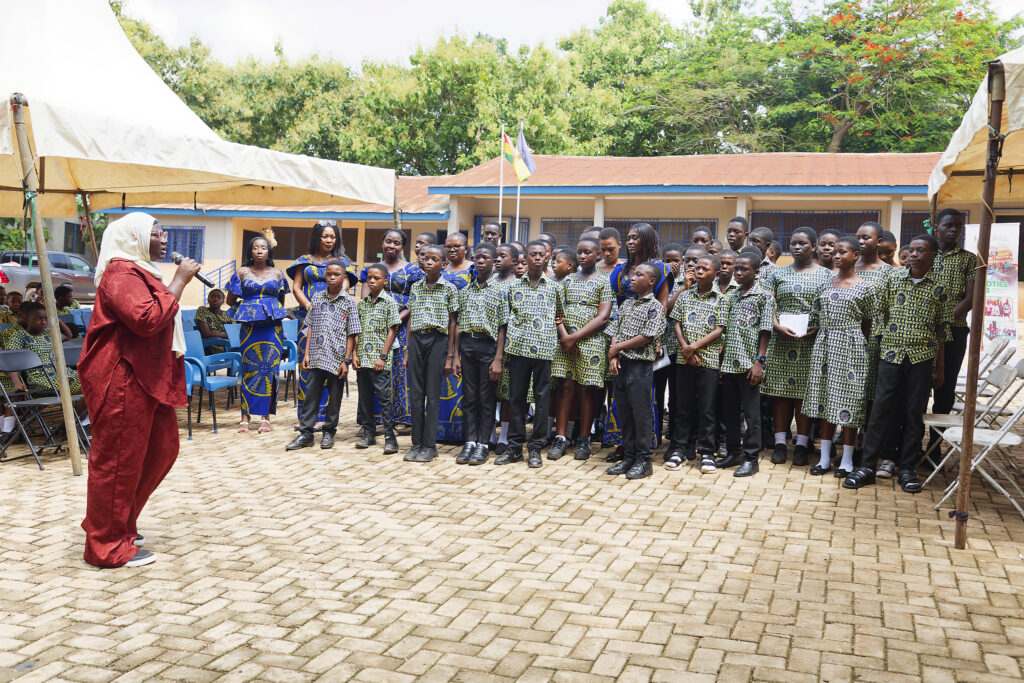
The event culminated in the official inauguration led by Ms. Amina Salifu (WiT Member), following the school anthem and introduction of club mentors and members.
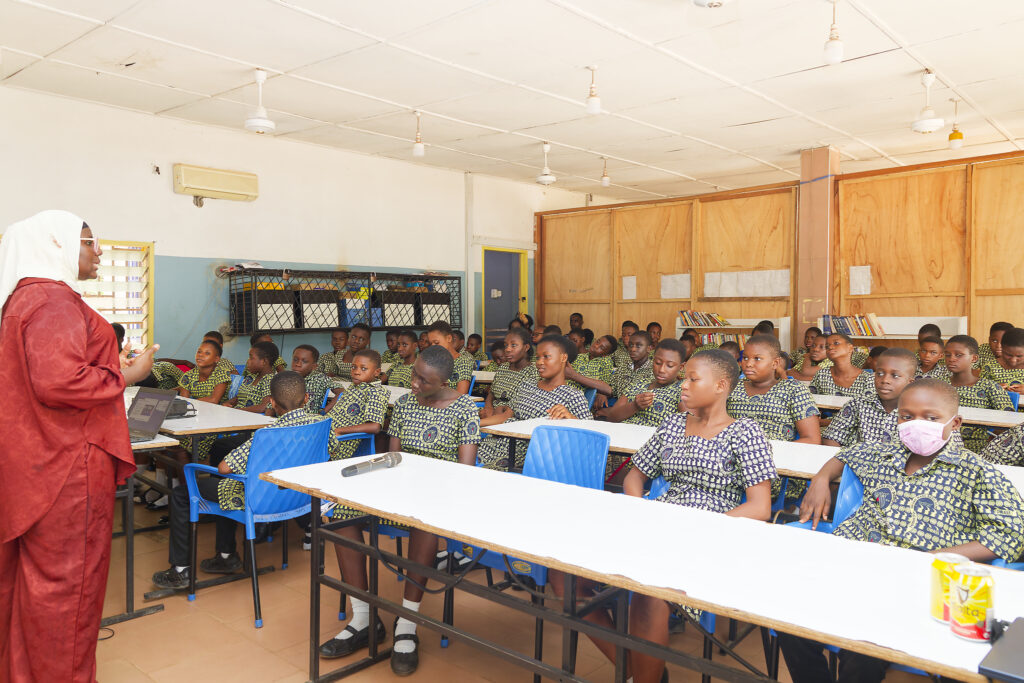
An AI and Robotics workshop, facilitated by Ms. Amina Salifu, explored Machine Learning (ML) in energy solutions. Participants learned how ML:
- Predicts maintenance needs for solar systems
- Detects energy fraud
- Optimises grid usage through load forecasting
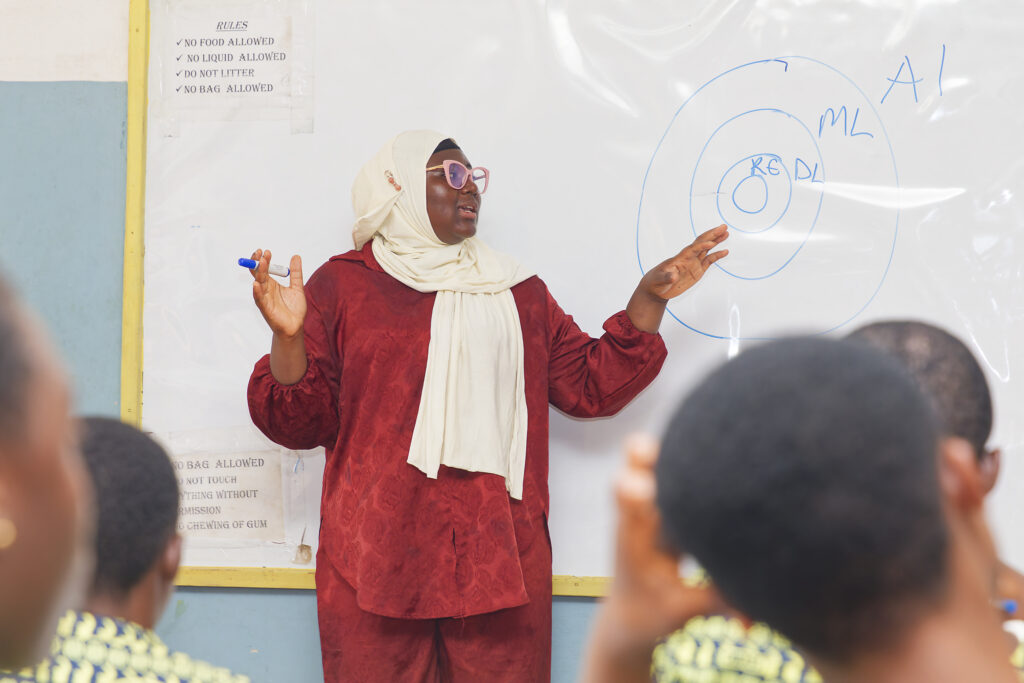
“Machine learning turns data into actionable insights—key for sustainable energy management,” Ms. Salifu explained.